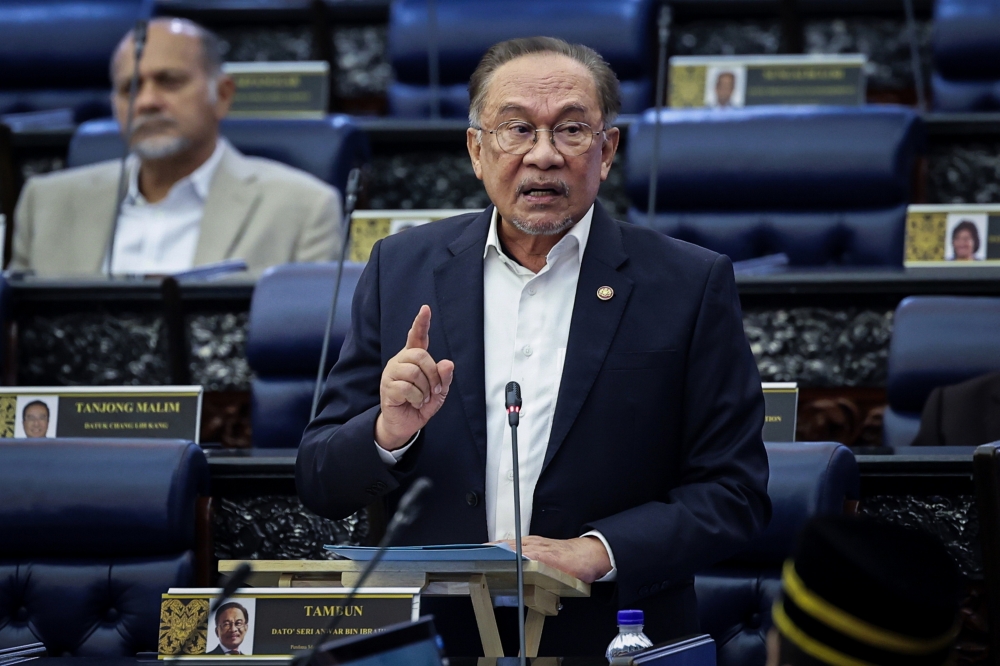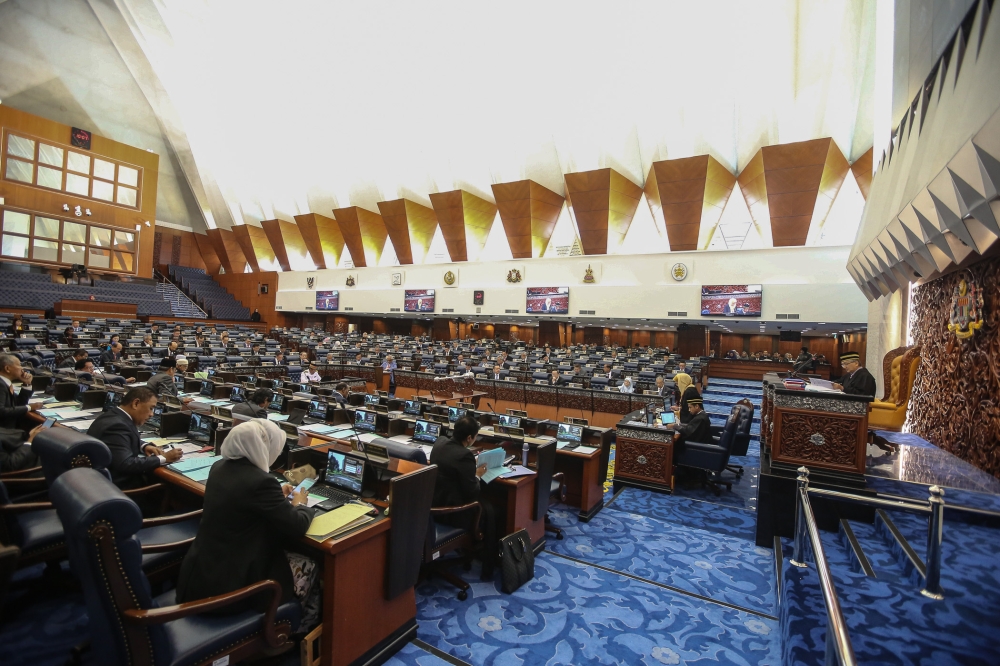MAY 30 — Malaysia was among the first countries in Asean to be heavily impacted by the spread of Covid-19, which forced the country into a movement control order (MCO) from March 18, 2020. During the MCO, non-essential businesses were generally not allowed to operate from their premises, causing production to drop significantly and revenue to fall considerably. Subsequently, a conditional movement control order (CMCO) was imposed from May 4 until June 9, 2020, where restrictions are significantly relaxed and most businesses are allowed to operate on strict conditions.
The period of MCO and CMCO (“the Period”) had undoubtedly given rise to a large array of legal issues faced by businesses. There have been news of massive pay cuts and lay-offs as companies begin to implement cost-cutting measures. Apart from financial difficulties, the restrictions also meant that companies are forced to delay or unable to fulfil certain contractual obligations. For example, flight operators had to offer refunds for cancellation of flights due to the government’s ban on air travel. A number of major events during the Period which may have been fully paid for had to be cancelled. The Period had also caused disruptions to supply of goods, especially since Malaysia is one of the key players in the global supply chain. Businesses are inevitably exposed to legal repercussions for breach of contract due to non-performance and/or delay.
The existing legal position in Malaysia
Parties may excuse themselves from their obligations by relying on force majeure clauses in their contracts. A force majeure clause commonly covers various situations in which the performance of a contract is delayed, prevented or hindered. If the force majeure clause describes a “disease”, “epidemic” or “pandemic” as a triggering event, the outbreak of Covid-19 will entitle the parties to rely on the clause. If the contract does not contain a force majeure clause, parties may still rely on the statutory right provided by section 57(2) of the Contracts Act 1950, where a contract which later on becomes impossible or unlawful to perform is void. If section 57(2) is successfully invoked, the parties will be permanently relieved of their contractual obligations. However, relying on force majeure clauses or section 57(2) will require parties to refer their disputes to the court. This may then lead to a floodgate of contractual claims since non-performance will become a common issue during the Period.
Is our Covid-19 Bill long overdue?
There have been multiple calls for the government to table a Covid-19 Bill (“the Bill”) to address issues arising from Covid-19. Members of Parliament (MPs) from the opposition bloc had issued a joint statement calling for a full parliamentary sitting in May 2020 to, among others, allow for the Bill to be debated. However, the government had announced its plans to table the Bill only in the next parliamentary sitting, which is expected to be in July 2020. More time may also be needed for implementation and enforcement, which raised concerns that tabling the Bill only in July 2020 may be a tad too late, especially since Malaysia has been placed under the MCO since March 18, 2020.
Other jurisdictions across the world had long passed similar laws to address issues arising from Covid-19. For example, Canada’s Covid-19 Emergency Response Act has waived the requirement for medical certificates for employees going on a leave of absence. Under the Coronavirus Act 2020, the UK had granted powers to the relevant authorities to provide funding of employers’ statutory sick pay liabilities. Our neighbour Singapore had passed the Covid-19 (Temporary Measures) Act 2020 as early as 7 April 2020. Singapore provided for relief against non-performance of certain types of contracts such as events, tourism-related and construction contracts. Parties are barred from bringing legal action for non-performance of contract caused by Covid-19. This would mean that Singaporean courts will not be burdened by a massive spike in contractual claims which would inevitably arise due to Covid-19.
Various parties including Malaysian business associations and retail organisations had pushed for issues of contractual obligations to be addressed in the Bill. However, there have been indications that the government does not intend to interfere in matters involving contractual freedom between parties. This essentially means that parties will be forced to bring legal action to determine their contractual rights. Businesses would have to spend a significant amount of time and resources to rectify and/or resolve these issues themselves, which may ultimately hamper the recovery of the economy in the near future.
A comprehensive Covid-19 Bill
Since the MCO, the government had implemented several measures to combat the impacts of Covid-19, albeit on piecemeal basis. For example, the Companies (Exemption) (No. 2) Order 2020 provided protection for companies from being wound-up for a period of 6 months after receiving a statutory demand, compared to the previous period of 21 days. The EPF Act 1991 had been amended to allow withdrawal by members for the purpose of “sustainable living”. Although these measures are welcomed, a comprehensive Covid-19 Bill is very much needed at this juncture if the issues caused by the MCO are to be sufficiently addressed. After almost 3 months of MCO and CMCO, it is imperative that the Bill covers all bases to assist businesses in rebuilding the economy and our nation.
* Leonard Yeoh is a partner and Nurul Qarirah is a legal associate with the legal firm, Tay & Partners.
* This is the personal opinion of the writer or publication and does not necessarily represent the views of Malay Mail.





















